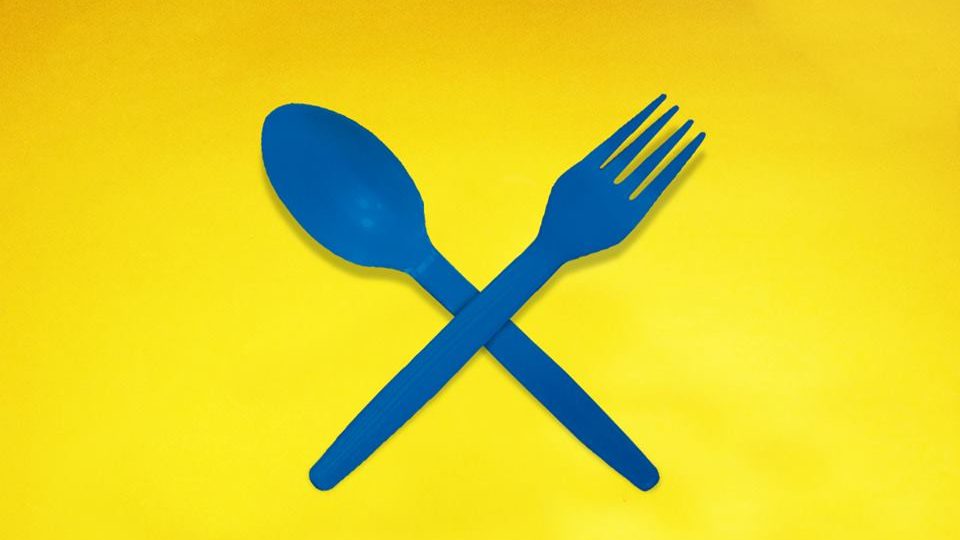The sustainable living movement has been gaining traction in the Philippines with zero-waste fairs and stores cropping up around the metro — and brands are taking notice.
The latest company to dip their toes in the eco-friendly lifestyle is popular budget airline Cebu Pacific, which announced on Tuesday that it will start using bio-compostable utensils on all its flights starting October.
That means “goodbye” to regular plastic spoons, forks, stirrers and cups and “hello” to ones made with the more sustainable polylactic acid (PLA), a biodegradable material made from corn starch; cassava roots, chips, or starch; or sugarcane.
Many were delighted by the airline’s decision to go green.
Facebook user Bet Reyes said: “This is great news!”
While Anne Gonzales expressed her appreciation for the initiative. “Thank you for joining the world’s cause,” she said.
Shena Marquez said it was a “good move” for Cebu Pacific.
In June, the World Wide Fund for Nature (WWF) reported that the Philippines is one of the leading plastic polluters in the world.
Apart from the country’s inefficient garbage disposal system, the organizations said the problem also stems from the popularity of single-use plastic.
“As the Philippines is one of the so-called ‘sachet economies,’ most of the debris gathered during clean-ups are plastics, including single-use sachets for shampoo, toothpaste, creams, laundry soap, and even food,” said Dan Ramirez, Communications and Media Manager of WWF-Philippines.
But as great as Cebu Pacific’s initiative sounds, using biodegradable “plastic” isn’t the end all and be all of living sustainably.
If not processed properly, products made of PLA will last nearly as long as regular plastic products as it won’t break down.
This means products made of biodegradable plastic need to be segregated from other plastics (and other compostable items) and be processed accordingly.
Switching to biodegradable plastic is a great start but the journey does not end there.




